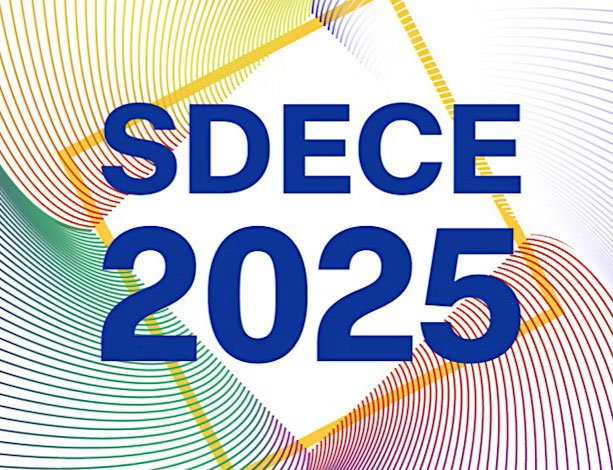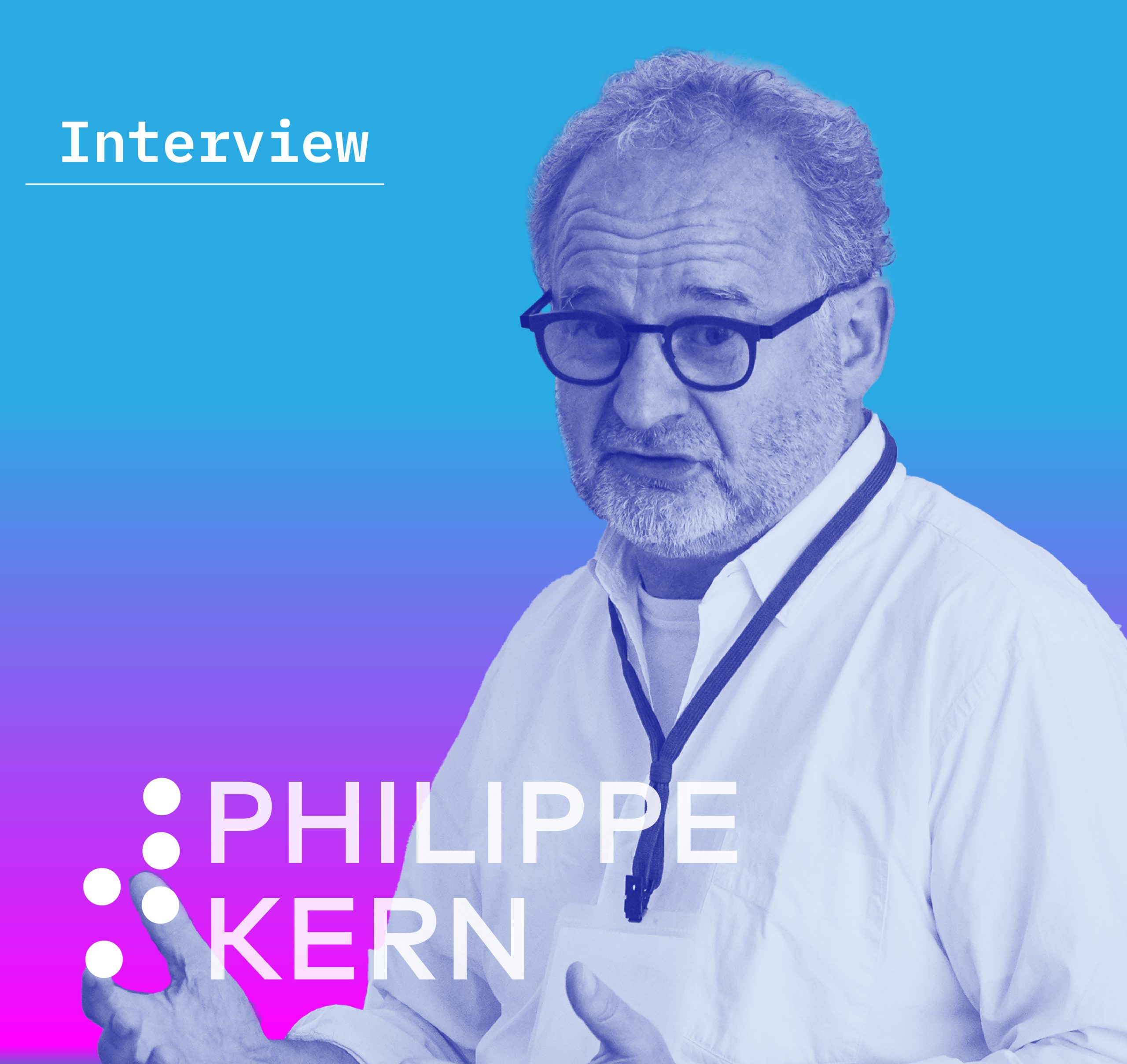From June 3–4, 2025, Materahub was in Brussels for the Strategic Dialogue on European Creative Economy and Cultural Autonomy (SDECE25): a two-day dive into the future of culture, where policy met imagination, and creativity became a call to action.
This wasn’t just another policy event, it was a bold experiment in collective vision-building. Nine flagship EU projects came together, including four with Materahub at the forefront – CREDEX, GreenCCIrcle, CYANOTYPES, and SACCORD – to do something rare: co-create a unified policy direction for Europe’s cultural and creative industries (CCIs). Not grounded in vague principles, but shaped by real, pressing challenges and lived experience from across the sector. The outcomes of this collaborative effort are now powering a White Paper on the European Creative Economy, to be shared at the Creative Skill Week in Prague in September.
And yes, Materahub was in the room, on the stage, and at the table.
A New Collective Vision for Cultural Policy
June 3rd marked more than the beginning of a conference. At the heart of the opening day of the Strategic Dialogue on the European Creative Economy and Cultural Autonomy was a clear and shared mission: to co-create policy recommendations that are not only visionary but deeply rooted in the everyday experiences of cultural professionals across Europe. Partners representing flagship European projects supporting the sector came together to tackle four pressing and interlinked themes shaping the future of Europe’s cultural and creative sectors:
- How creative skills can become a pillar of a sovereign and competitive European economy;
- Why sustainability and resilience are non-negotiable for the future of CCIs;
- How culture is vital to democracy—not a side note, but core infrastructure;
- And the urgent need to frame cultural autonomy as a strategic priority for Europe.
What made these discussions powerful was the mix of system-level thinking and lived reality. Policy ideas emerged not from abstract debates but from grounded, practice-based perspectives. Day two turned up the volume and shifted from co-design to bold reflection with insights from MEPs, cultural leaders, and sector trailblazers. One quote by MEP Christian Ehler echoed through the halls: “Creativity is an integral part of democracy… but without commercial resilience, there is no cultural and creative industry.” That tension, between purpose and survival, between vision and value, set the tone for four powerhouse sessions:
- David Crombie opened the session “Creative Skills for a Sovereign Market” by calling on the sector to shape its own future. In times of crisis, we need creativity, curiosity, and systems thinking not as soft skills, but as strategic tools. One standout idea? A European Foresight Hub for Creative Skills, a think/do tank for anticipating what’s next, along with a yearly Upskilling Week for creatives.
- Marko Popovič stirred the audience during the session “Sustainability and Resilience in the Creative Economy” arguing that the creative sector shouldn’t just support the green and digital transitions—it should lead them. From Košice’s circular economy experiments to cross-sectoral frameworks, this session was all about ditching GDP-only mindsets and embracing social, ecological, and cultural value as real indicators of success.
- With the session “European Creativity as Democratic Infrastructure” Gerin Trautenberger reminded us that culture is more than content, it’s the glue holding our democracies together. Think trust-building, critical thinking, community resilience. But to own that role, CCIs need visibility, investment, and real political recognition. Culture isn’t a nice-to-have, it’s a necessity, just like security or education.
- Gerbrand Bas made a strong case in the session “Strategic Cultural Autonomy” and reminded us that Europe lacks a serious plan for cultural autonomy. And in a world of digital giants, cultural fragmentation, and geopolitical instability, that’s a risk we can’t afford. From Cultural Footprint metrics to embracing the Fediverse for digital sovereignty, this session mapped a path for Europe to not just protect but assert its creative independence.
What’s Next?
The days we spent together weren’t just meetings or roundtables, they were moments of alignment, imagination, and real momentum. What emerged wasn’t a set of generic proposals, but a bold, collective vision for the future of Europe’s cultural and creative industries. Now, that vision is in motion. It will take form in the upcoming White Paper and echo through Creative Skills Week Prague 2025. And we’re pleased to note that Materahub is actively contributing to this policy shift—helping ensure that culture is recognised not as a peripheral concern, but as a central element of Europe’s future.





